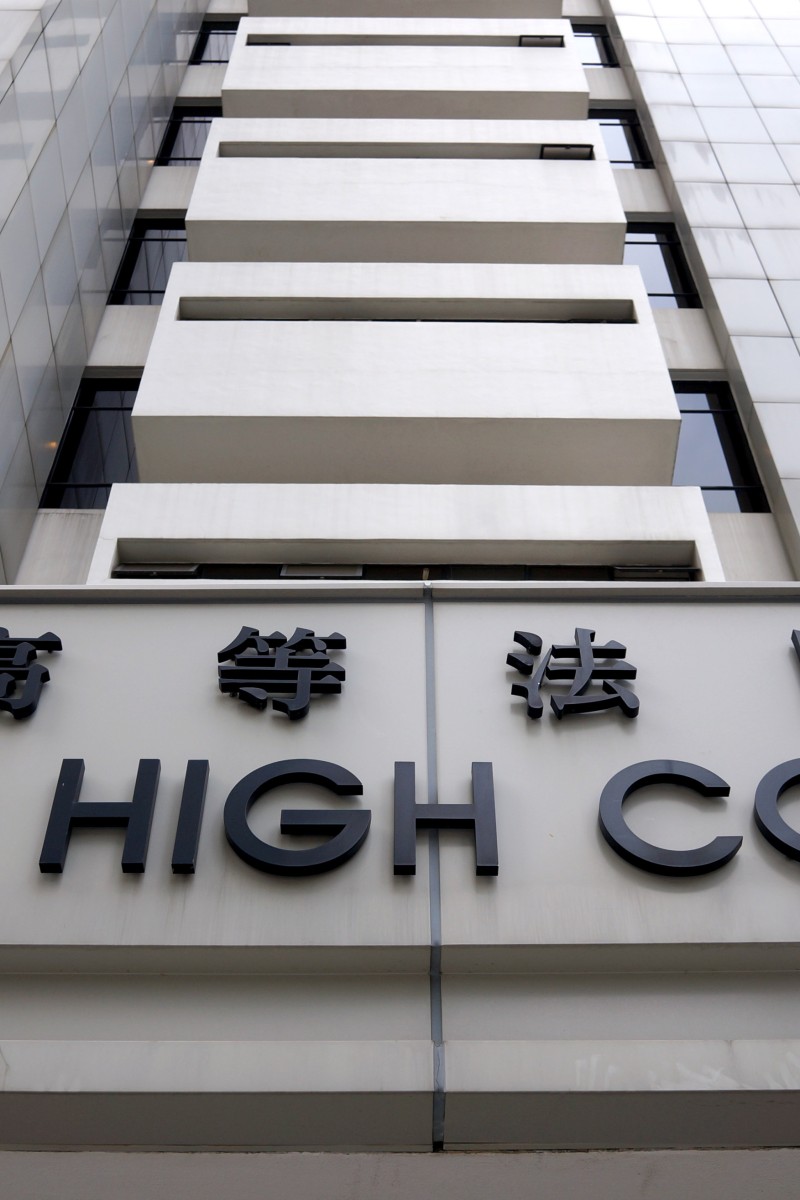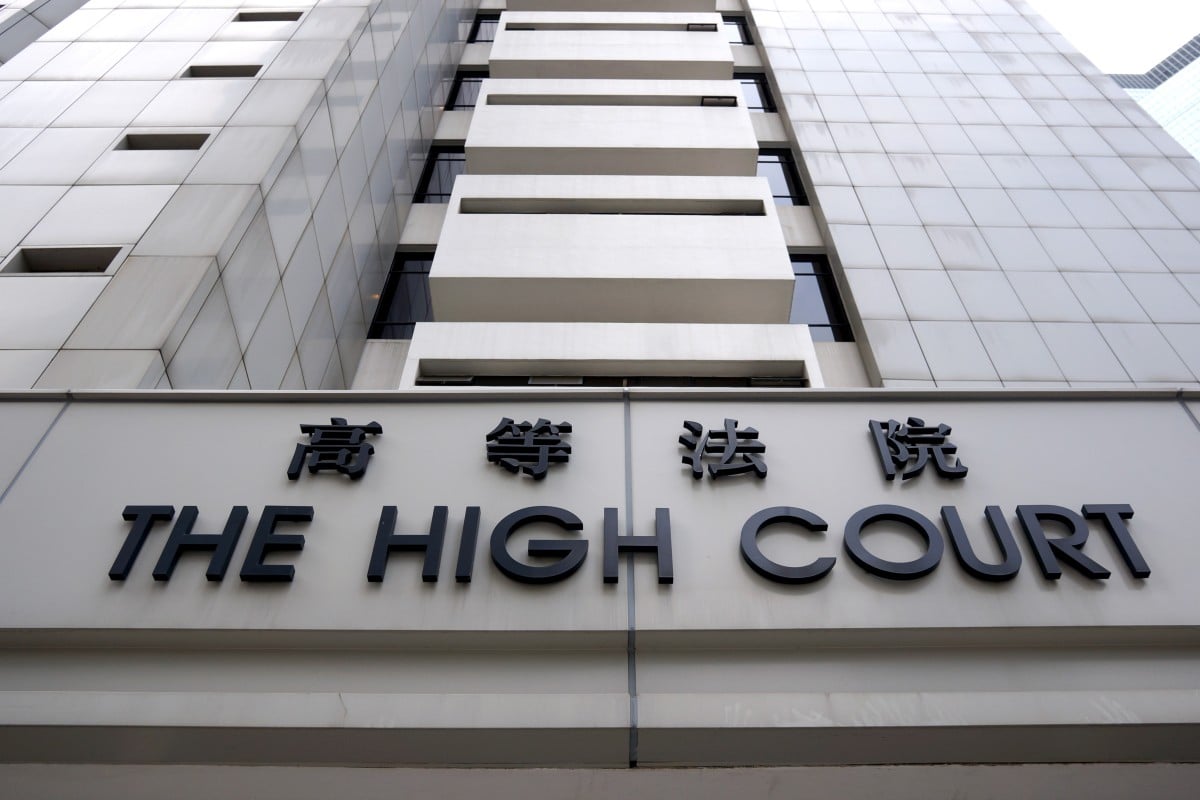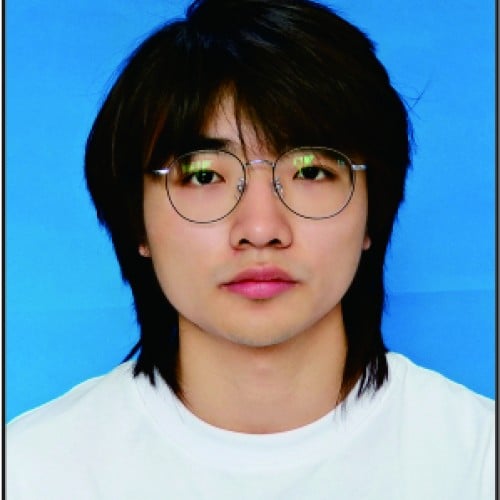
Explainer: All about Hong Kong’s branches of government and their role in bid to ban ‘Glory to Hong Kong’
- City’s justice department has filed appeal to review judge’s refusal to ban promotion of the protest song from the 2019 anti-government unrest
- Why can the High Court reject an application from the justice secretary? We explain how the case is affected by roles of executive, judiciary and legislative branches
 The High Court rejected the request, saying that the publication and distribution of “Glory to Hong Kong” were already punishable under existing laws. Photo: Fung Chang
The High Court rejected the request, saying that the publication and distribution of “Glory to Hong Kong” were already punishable under existing laws. Photo: Fung ChangLast week, Hong Kong’s justice department filed an appeal to review a judge’s refusal to ban the promotion of a protest song, sparking discussion on how the city’s judicial system is connected to the other pillars of government.
Why does the High Court have the power to reject an application from the justice secretary? Why can’t legislators push for a ban within LegCo? We explain how this case is affected by the different roles of Hong Kong’s branches of government.
Court dismisses bid to ban protest song ‘Glory to Hong Kong’
What happened?
In June, the justice secretary asked the court to restrain those harbouring criminal intent from “broadcasting, performing, printing, publishing, selling, offering for sale, distributing, disseminating, displaying or reproducing in any way” the protest song, “Glory to Hong Kong”.
The move came after the song from the 2019 anti-government unrest was mistakenly played as Hong Kong’s national anthem at multiple international sporting events. The tune also became so popular that it topped the Google search results for “Hong Kong national anthem” in some overseas places.
Last month, the High Court rejected the request, saying that the publication and distribution of “Glory to Hong Kong” were already punishable under existing laws – for example, the Beijing-imposed 2020 national security law, which punishes crimes such as inciting secession and insulting the national anthem.
It added that a ban might not compel internet search giant Google and other technology firms to take down the tune.
Last Monday, the justice department of Hong Kong filed an appeal against the judge’s decision.
What are the roles of Hong Kong’s branches of government?
The Basic Law of Hong Kong allocates powers to the executive, legislative and judiciary branches.
Executive branch
This branch is headed by the incumbent chief executive, John Lee, who was elected by the Election Committee and appointed by the State Council of China. He is mainly responsible for signing bills and budgets and making decisions on government policies.
He appoints the members of the Executive Council, which assists the chief executive in policy-making. The secretary for justice is a member of the Executive Council and the head of the justice department.
Legislative branch
The legislative branch, also known as LegCo, is mainly responsible for enacting, amending or repealing laws. With 90 seats representing three constituencies, it also examines and decides on budget, taxation and public expenditure, as well as raises questions on the work of government.
LegCo also has the power to endorse the appointment and removal of judges from the judiciary branch, and it can also impeach the chief executive if the person is found to have committed a serious breach of law or dereliction of duty.
Judiciary branch
Independent from the legislative and executive branches, the judiciary branch in Hong Kong exercises its power in interpreting and applying the law. While the legislative branch may stipulate and approve laws, it is up to the judiciary branch to decide whether the laws are legal and can be implemented.
What have experts and officials said about Hong Kong’s branches?
Zhang Xiaoming, former head of the liaison office representing the Chinese central government in Hong Kong, said in a speech in 2015 that Hong Kong was an “executive-led, judicially independent political system”.
The Hong Kong and Macau Affairs Office (HKMAO) issued a statement in 2020, saying: “Even though the powers have been granted to the Hong Kong Special Administrative Region, their exercise is subject to constraints and supervision by central authority.”
Ryan Mitchell, a professor of law at the Chinese University of Hong Kong, explained: “The reality [is] that judges, executives and legislatures generally perform distinct functions from each other.”
“The common law system in Hong Kong itself means that judges are empowered to define and apply many rules that, in some other jurisdictions, would be in the hands of legislators or government magistrates,” the legal expert said.
Popular versions of ‘Glory to Hong Kong’ no longer showing on Apple Music
How does all this apply to the ‘Glory to Hong Kong’ case?
In this case, the secretary of justice – who is affiliated with the executive branch of Hong Kong – has requested that the judiciary ban the protest song.
Because the judiciary branch is independent of the executive branch, it has the power to decide whether the law is legal or not. The judge rejected the bid for many reasons, including the injunction’s lack of effectiveness.
In Mr Justice Anthony Chan Kin-keung’s 30-page judgment, he rejected the argument that the court should defer to the executive branch on the merits of the intended ban.
“It is too sweeping a statement,” he said. “Here, the court is asked to exercise its exceptional powers which affect innocent third parties. The court cannot abdicate its responsibilities.”
